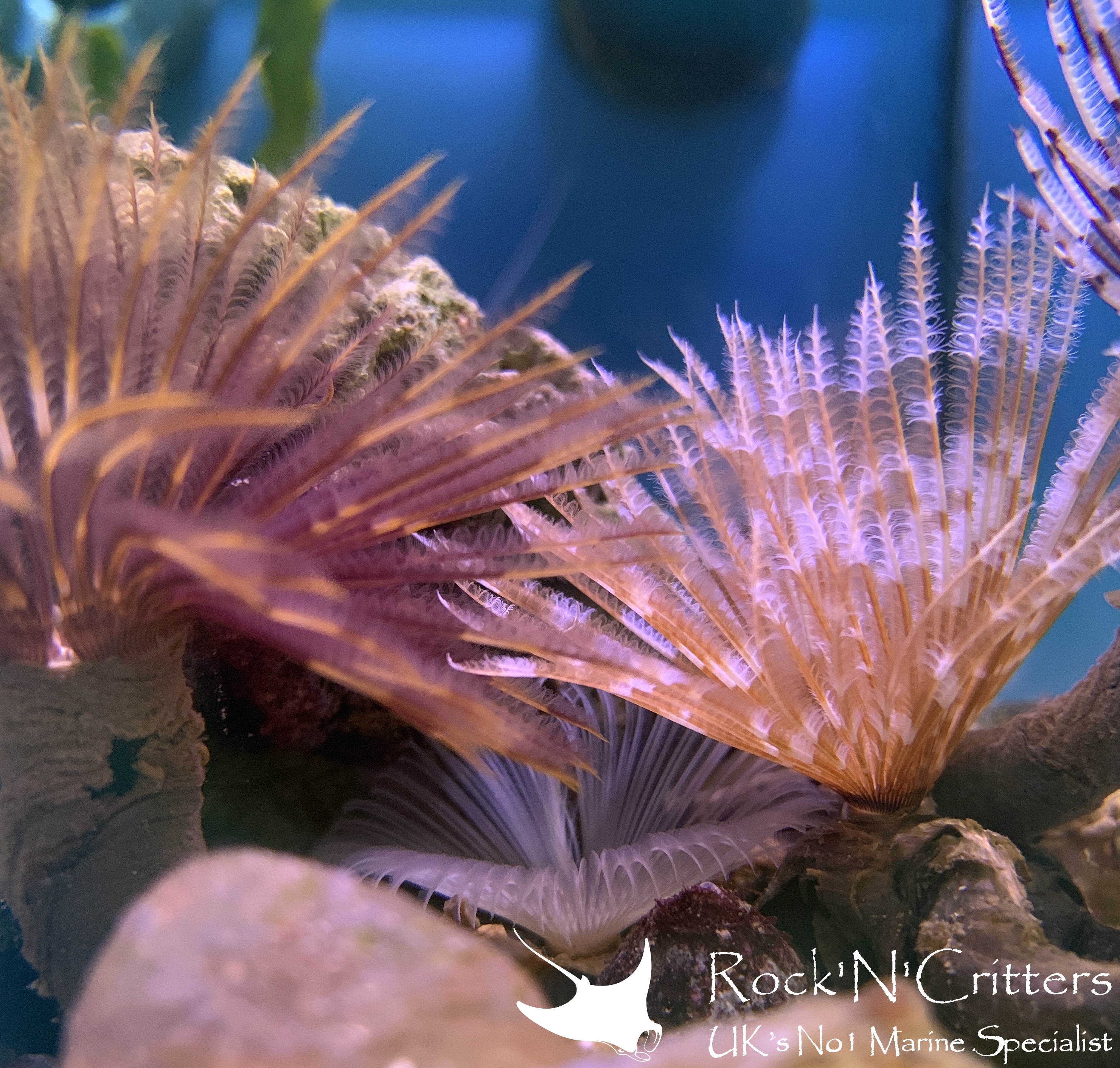
A question regularly asked is how often should I test the parameters in my reef tank. There is no 'one size fits all' here but it's important to know why you should test and that, in turn, will answer how often you should test.
Loathe it or not, testing the parameters in your reef tank is an important part of the hobby which we must all do, after all we are trying to keep a body of water as stable as possible in order to promote optimal conditions for our fish, coral and inverts. Testing alone will not provide us stable conditions but it will give us the data to show us what is going on with our water. We can use this data retrospectively to diagnose and identify problems that have arisen such as a bloom of green hair algae. If we test and discover high phosphates we can identify that the high phosphate is likely a cause of the hair algae. We can also use this data proactively, to establish a baseline understanding of what our parameters are and what they are doing.
For example, we have green hair algae in our reef tank and we do a phosphate test. We get a result of 2 PPM but we have nothing to compare it to. If we have been testing consistently before this then we have data to compare our most recent test result to. In this example, the tests we have been doing beforehand show that phosphate was low at 0.04. We can now do some quick analysis and say that the phosphate level has risen significantly and we have green hair algae. The two are almost certainly linked.
Without the data from the proactive testing we wouldn't be able to make such a sure assessment of what is going on in the reef tank. On the question of how often should I test then it comes down to how confident you are at reading the conditions in your aquarium. There are some experienced reefers who rarely test. These reefers have often been in the hobby for nearing 10 years and they are content to not test regularly. For the remainder of us mere reefing mortals it is advisable to test once a week. This gives you the data to establish a baseline of data from which to identify anomalies and changes which may warn you about issues that you cannot yet see. I would certainly advise continuing to test on a regular basis if you have a nano reef. A smaller amount of water is likely to fluctuate quicker than a larger aquarium so I would say it's important to maintain a good understanding of parameters in that case.
Another occasion when you might want to test more regularly is if you are making changes. Adjusting Alkalinity is a good example here. If you are introducing a Dosing regimen or you have brought a calcium reactor online then it is important to test your DKH regularly in order to ensure it does not rise or fall to quickly as this can have disastrous effects on your corals. In this example it may be necessary to test daily for a while until you are happy that the system is stable and that Alkalinity is no longer fluctuating.
In summary, if you're beginning with a Reef tank then test weekly and record your readings in a book or spreadsheet so you can analyse them when you need them. If you are making changes to your system then test more regularly to catch anything going wrong early so you can take corrective action.
Testing kits are available on the website at the link below.
CLICK HERE FOR TEST KITS
I would also recommend reading the blog post Parameters 101 linked below. It gives an overview of the parameters you want to test for and why.
CLICK HERE FOR PARAMETERS 101